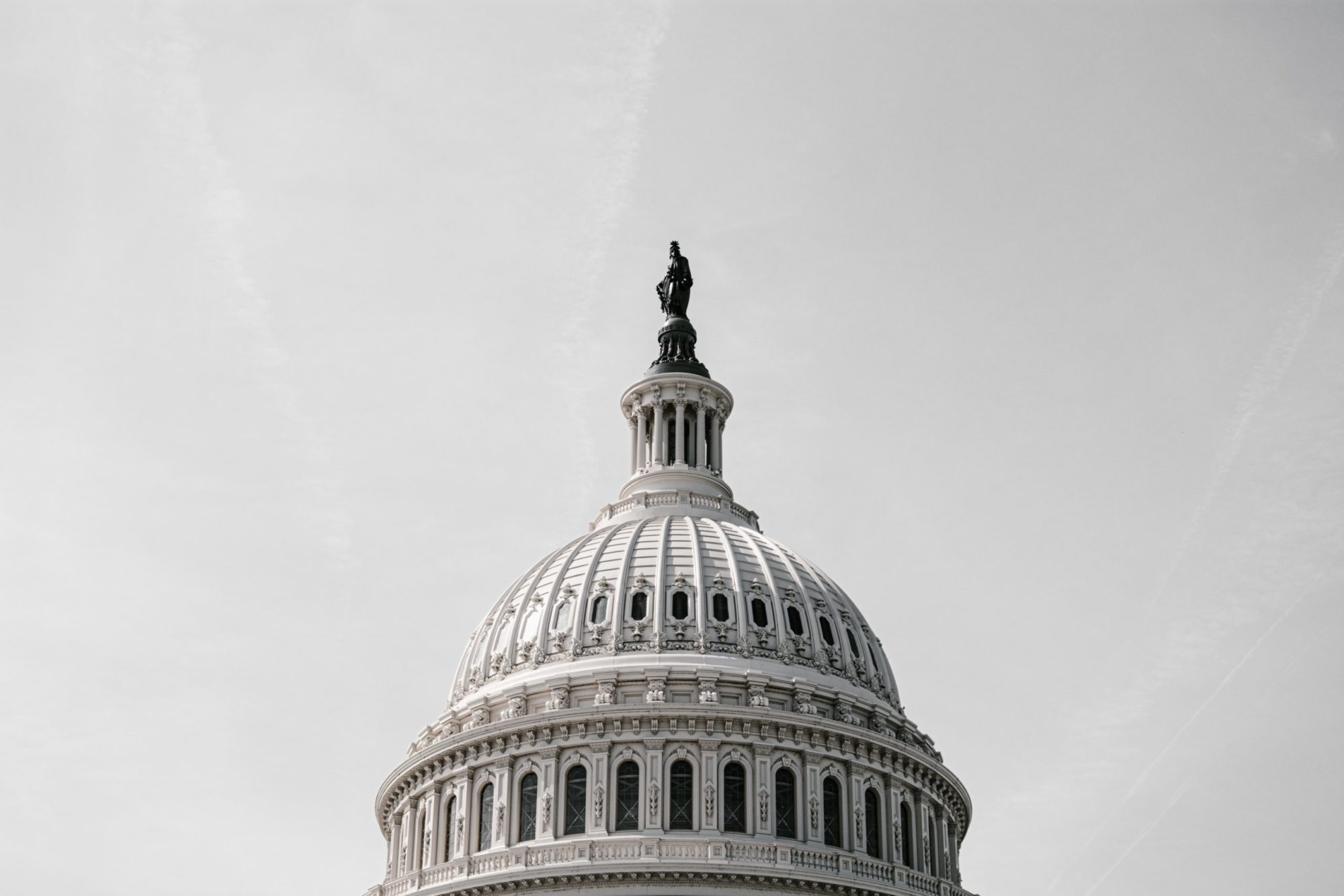On the Senate floor last week, Senator Bernie Sanders posed a timely question about how our nation builds security. Is it through $740 billion per year Pentagon budgets, Sanders wondered, or could it be that “[m]aybe what makes us safer is when we break down the fears and the hatred that exists between peoples all over the world? Maybe what makes us safer is when we get to know each other, that as human beings, whether we’re Chinese or Russians or Iranians or Brazilians or Canadians, maybe we all share the same human aspirations?”
The COVID-19 pandemic, the ongoing police brutality against Black people and endless wars against people of color around the world, and the state-sanctioned violence against people protesting for racial justice have brought this critical, generational question to the fore for many Americans. This time of crisis presents an opportunity for a critical reexamination of our priorities and fundamental shift in how we approach achieving them. That reality was exposed yet again two weeks ago when an outspoken, Black progressive former high school principal named Jamaal Bowman successfully unseated the long-serving, hawkish Chairman of the House of Representatives Foreign Affairs Committee, Eliot Engel.
Yet Bowman’s victory is merely one seat in a chamber of 435 members and a party still dominated by leadership that mistakenly believes tacking to Trump’s right on national security is a winning strategy. So what does this victory mean for the future of progressive foreign policy?
Trump’s outlandish and abusive approach to foreign policy has shaken the foundations of all but the most militaristic constituents of “the Blob,” otherwise known as the Washington foreign policy establishment. There’s been much opining about the state of the international rules-based order and Trump’s cozying up with dictators the world over. Yet there’s also been a Democratic backlash to his proposed troop withdrawals from Afghanistan, Syria, parts of Africa, and Germany, and his willingness to take unprecedented diplomatic steps with North Korea. While Trump may be pursuing these initiatives for the wrong reasons – most often rooted in his own narcissism – the hyperpolarization of our politics has led Democrats to criticize foreign policy moves that are in line with the views of their own constituent base, and instead cater mostly to arms manufacturers and undemocratic foreign government interests.
The hyperpolarization of our politics has led Democrats to criticize foreign policy moves that are in line with the views of their own constituent base, and instead cater mostly to arms manufacturers and undemocratic foreign government interests.
Eliot Engel’s career has been a case study in this approach. And his defeat shows a turning tide in what appeals to voters. Bowman centered the need to change the United States’ violence-first foreign policy in his appeal, rather than following conventional political wisdom that often avoids talking about foreign policy at all costs. The old Washington mantra that ‘voters don’t care about foreign policy’ fundamentally misunderstands the intelligence and wisdom of the American public. Even if foreign policy isn’t the most important issue to the average American, the public is becoming more aware of how our domestic and international policies are intimately intertwined. Engel’s aversion to conditioning or ending US military aid to human rights abusing governments like Israel is demonstrably out of line with professed American values that, despite their aspirational nature, the public still supports. The power of progressive foreign policy on the campaign trail is its ability to so clearly link the brutality with which the United States engages abroad with the inequalities and violence we see institutionalized within our own borders.
It’s not that voters don’t care about foreign policy, it’s that politicians have to understand and explain how our foreign and domestic policies are interconnected and impact people’s day to day lives. Regular folks understand that their livelihood and dignity, as well as those around the world, are best served by their representatives focused on finding money for schools, healthcare, and jobs, not weapons and bombs.
Engel’s loss signals once again that business as usual and congressional tenure does not guarantee a win. The concurrent crises this country faces has exposed the longstanding inequities and systems of oppression that uphold the status quo to the benefit of a few at the cost of the many. It’s no wonder that the solutions to domestic and international injustices being advanced by popular movements today are focused on systemic changes that benefit the well-being of everyday people.
The current National Defense Authorization Act and appropriations processes for fiscal year 2021 present an opportunity to implement this new vision of security in real-time. Unfortunately, it seems most members of Congress have been living under a rock the last several months and are failing to meet the task at hand.
The end of limits on non-defense and defense spending under the Budget Control Act of 2011 next fiscal year, however, will present an opportunity for new members and other progressive champions. For the first time in nearly a decade, progressives can capitalize on the opportunity to fundamentally reform the federal budget to establish a new way of funding human security for the 21st century. A failure to do so, however, would leave the same systems and corruption in place and leave us flat-footed in addressing the threats of tomorrow.
Kate Kizer is the policy director at Win Without War. Follow her on Twitter @KateKizer.





















